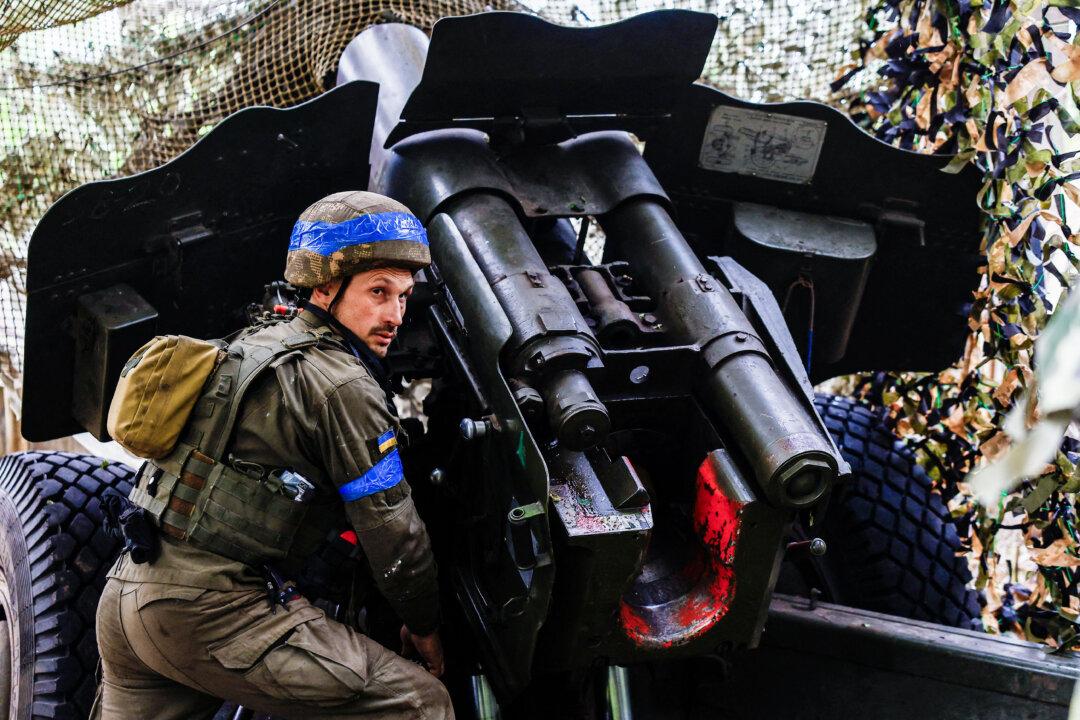Ukraine’s defense ministry has walked back claims that French instructors would soon arrive in the country to help train Ukrainian military personnel.
“As of now, we are still in discussions with France and other countries on this issue,” the ministry said in a statement posted on social media.





